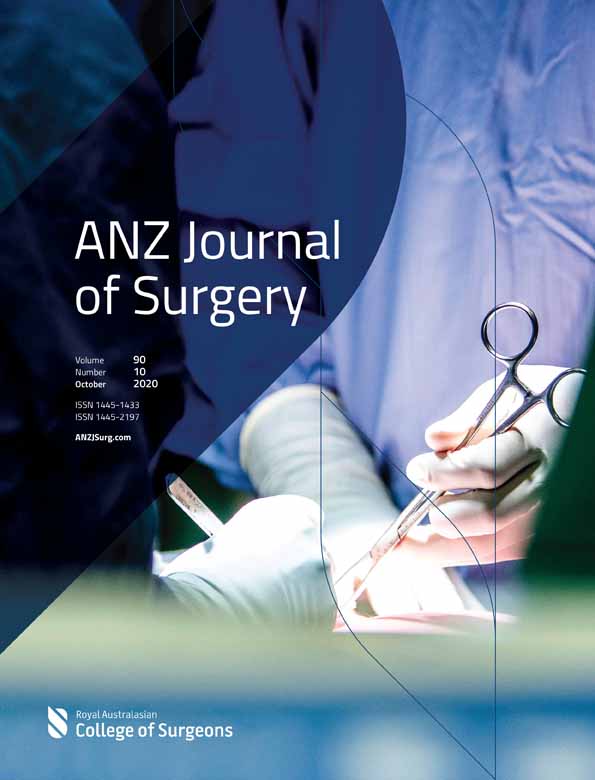Can normal inflammatory markers rule out acute appendicitis? The reliability of biochemical investigations in diagnosis
Abstract
Background
Acute appendicitis is a common general surgical condition where diagnosis is predominantly clinical, with the aid of adjunct investigations. This study reviews the relationship between normal and elevated biochemical inflammatory markers, duration of symptoms and proven appendicitis.
Methods
A multicentre prospective observational study was performed across 27 centres and included a total of 949 patients with clinical suspicion of appendicitis, who had both white cell count (WCC) and C-reactive protein (CRP) recorded and underwent appendicectomy.
Results
A total of 90.4% of patients with raised WCC and CRP had appendicitis with a positive predictive value (PPV) of 0.9 and negative predictive value (NPV) of 0.4. Sensitivity and specificity of elevated WCC (sensitivity 66.5%, specificity 66.0%) and elevated CRP (sensitivity 77.3%, specificity 52.0%) lie within ranges identified by previous studies. A total of 39.8% of patients with normal CRP and WCC had appendicitis. Sensitivity and PPV for patients with elevated inflammatory markers were high until 48 h of symptoms (sensitivity 94%, PPV 0.87). NPV was elevated after 24 h (NPV 0.65 in patients with 24–48 h of symptoms, and 0.61 after 48 h), whilst those with symptoms less than 24 h had a lower NPV of 0.52.
Conclusion
Whilst elevated inflammatory markers are a helpful aid in the diagnosis of appendicitis, they should not be relied on by themselves. Nor can normal inflammatory markers be used to exclude appendicitis, even in those with prolonged duration of symptoms. The diagnosis of appendicitis should be guided by a combination of clinical judgement with the assistance of inflammatory markers.
Conflicts of interest
None declared.




